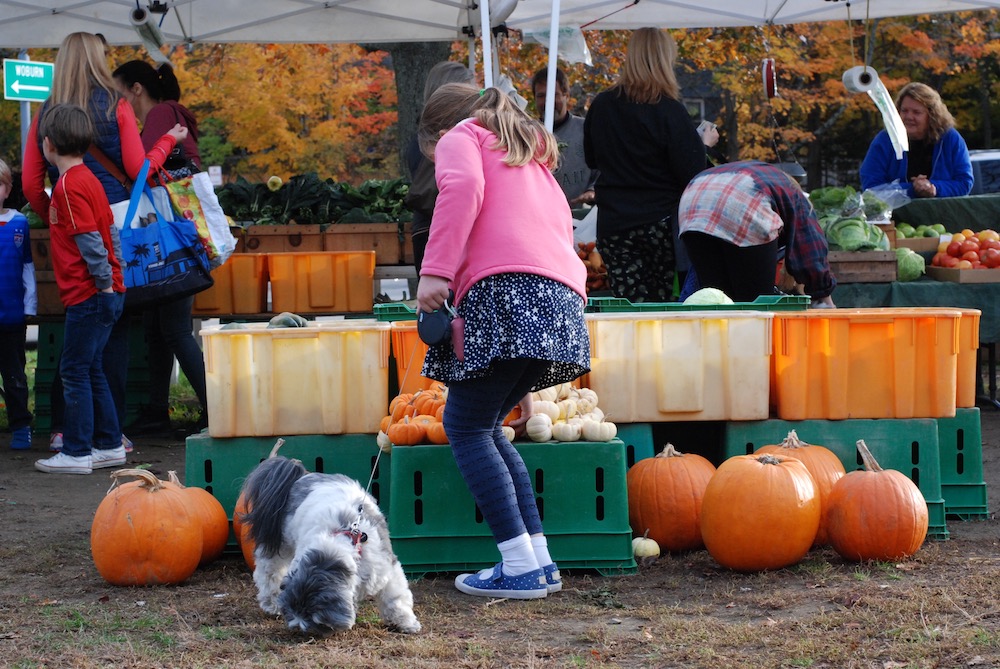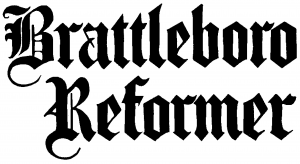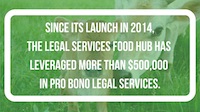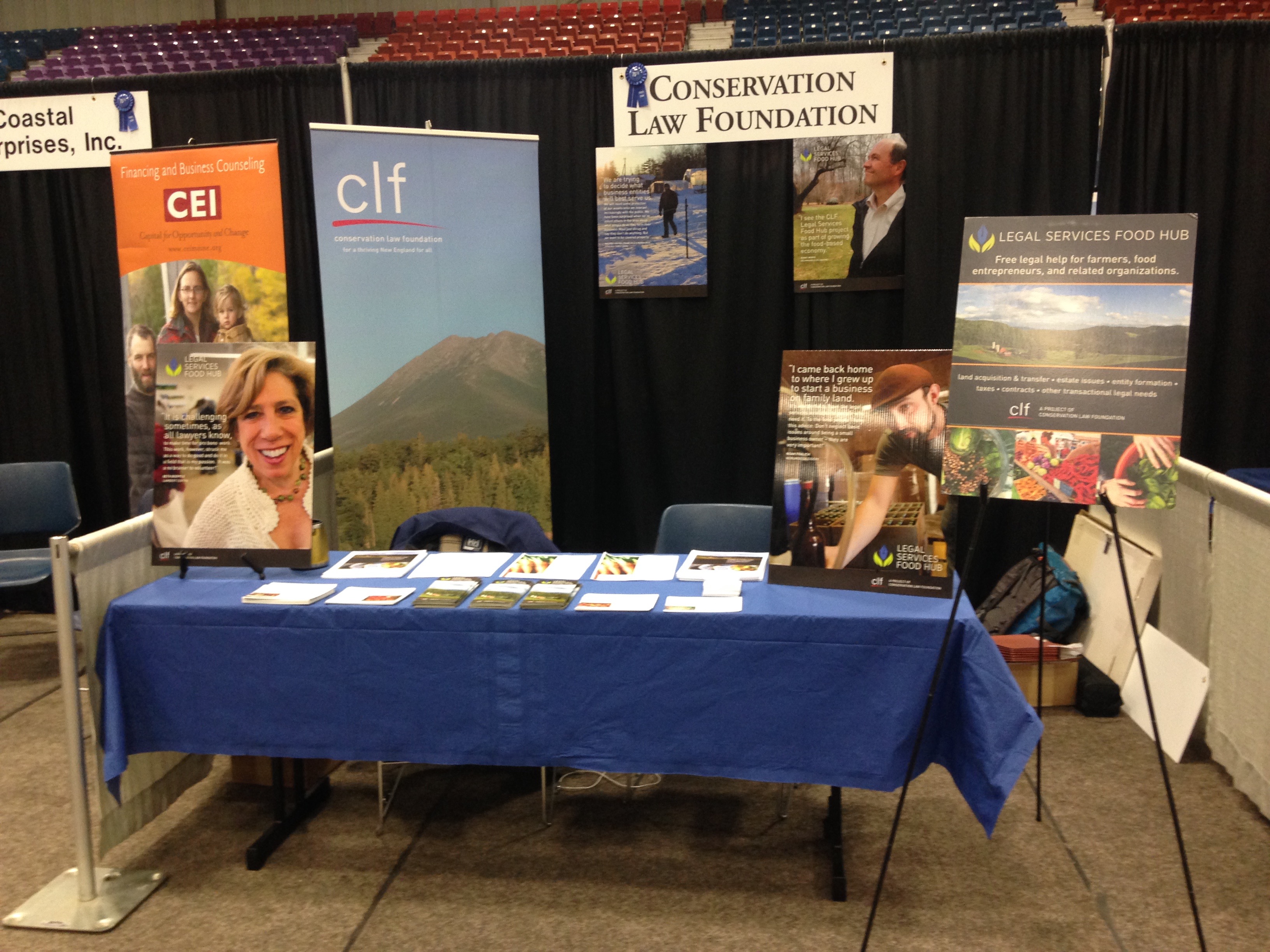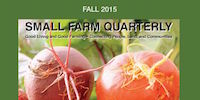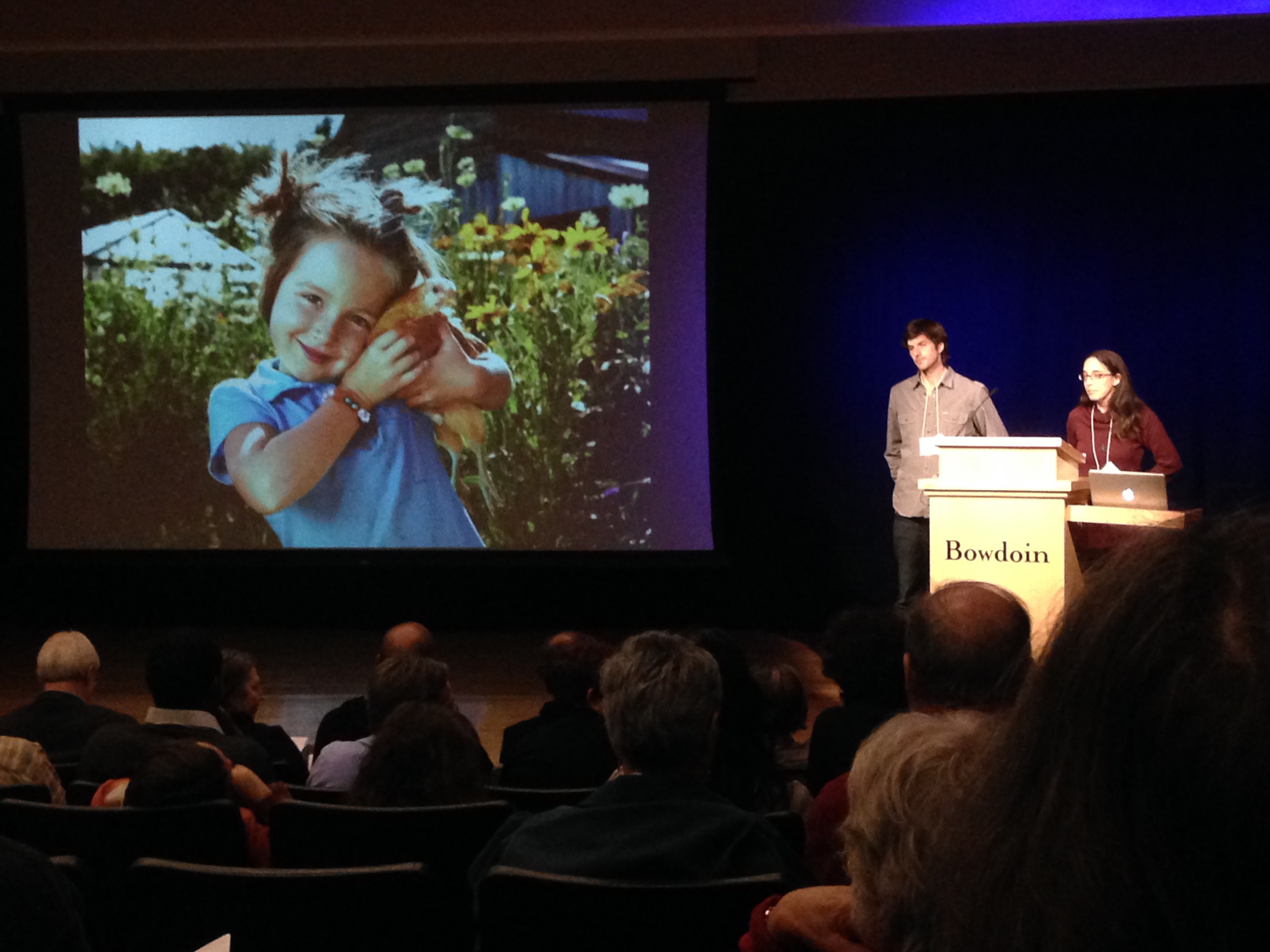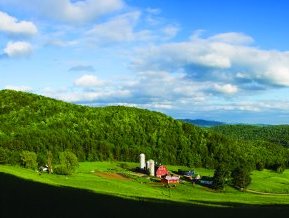By Lauren Moore
For busy and hardworking small farmers and food entrepreneurs, even a full twenty-four hours in a day is often too short to finish all the tasks that must get done to keep a farm or business running smoothly. It can be especially difficult to find the time and money to address the array of complicated legal issues that farmers and food entrepreneurs often face, such as protecting a business name or complying with food safety rules.
The Legal Food Hub understands how hard folks in our local food system are working to provide local produce and food products across New England. In response, we have been expanding our educational offerings to provide farmers and food entrepreneurs with practical information and resources for both identifying and dealing with common legal issues.
As part of this initiative, we recently held a Winter Webinar Series to demystify some key legal issues for farmers and food entrepreneurs. Topics covered ranged from how to manage student loan debt to how to pay farm employees. Here’s a roundup of the webinars:
- Words Matter: Protecting Your Trademarks and Copyrights: Presented by Mary Rose Scozzafava, a Senior Fellow at CLF and former Partner at WilmerHale, this webinar walks you through how to choose and register your business name as a trademark and provides tips on avoiding pitfalls and protecting your market brand. Watch the webinar here.
- Entity Governance for Non-Profits: Developed by the Transactional Law Clinics of Harvard Law School, this webinar explores key legal considerations and best practices for non-profit and charitable organizations. Watch the webinar here.
- Selected Topics from the FSMA Produce Safety Rule: Presented by attorney Sumana Chintapalli, and Lori Pivarnik from the University of Rhode Island, this webinar provides a brief discussion of portions of the Food Safety Modernization Act Product Safety Rule that are particularly relevant to farmers and food businesses. Watch the webinar here.
- Legal Considerations of Agricultural Easements: Presented by Beth Boepple of BCM Environment and Land Law, this webinar discusses key legal issues related to agricultural easements that farmers and other landowners may encounter. Watch the webinar here.
- Employment Law for Farmers in Rhode Island: Presented by Erica Kyzmir-McKeon, a Senior Fellow and attorney at CLF, and attorney Gina A. DiCenso, this webinar provides an overview of common employment law issues, including how farmers must pay their employees, what time off employees are entitled to, and the legal distinctions between unpaid interns, registered apprentices, and volunteers. Watch the webinar here.
- Student Loan Basics for Farmers: Presented by Erica Kyzmir-McKeon, CLF Senior Fellow and attorney, and Deanne Loonin, attorney with the Project on Predatory Student Lending at the Legal Services Center of Harvard Law School, this webinar discusses the different types of student loans and how borrowers can deal with them. Topics include managing repayment, avoiding or getting out of loan default, and loan cancellation. Watch the webinar here.
As farmers start their growing season, the team at the Legal Food Hub will keep working to help farmers and food entrepreneurs flourish by providing the tools to identify and address legal issues. If you’re a farmer or food entrepreneur with a legal question or problem, we encourage you to reach out to us at legalfoodhub@clf.org or 1-844-LAW-GROW. Together, we can build a more resilient local food system.



